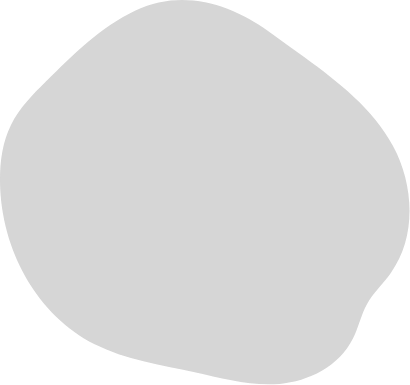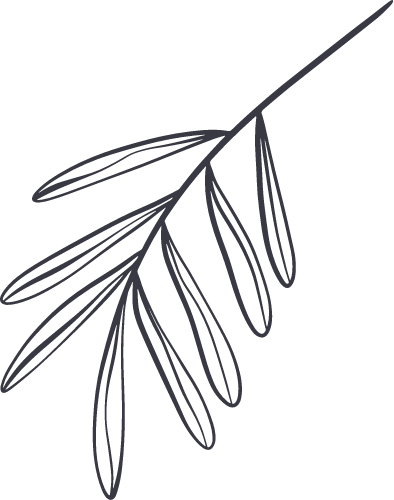Namaskaram!
Let me introduce a friend to you. He is a Malayali but was raised in Mumbai. From there, he went to different parts of the world, lived in cities, and has now returned to his native village. Generally, people who return to Kerala after a long life overseas, prefer to replicate a foreign style in their house, lay cobbled tiles on the ground so that not a drop of water sinks into the soil, and thus keep the premises clean. But Europe is now returning to Permaculture. Japan follows the Miyawaki method and is spreading it all over the world. Thus in most places, people are adopting a Nature-friendly approach. Strangely, however, we still show reluctance to follow this trend. Maybe because we wonder whether it is worth investing so much money on it.
Today, I’m going to introduce an NRI who thinks differently. He is Ravi Menon who now lives in Cherai. Let’s hear him out – about how he arrived at this philosophy, how he got interested in it, and so on.
Actually speaking, this is Vypin Perumpally, where my old ancestral house is situated. What I saw on returning from life abroad was natural beauty, with a pond and a well, many trees and so on. I wanted to maintain the whole structure of the land with the same essential elements. Overseas, everyone follows Permaculture, the old techniques of cultivation and processing, etc. I studied Permaculture there, and Miyawaki from Japan and Singapore. Here, there is a lot of bamboo. Usually, our people do not cultivate this species. I got this information from Singapore, Japan, and China. Bamboo is very important to them. Their culture gives a lot of significance to bamboo.
There are about 30 different species of bamboo here. Did you plant all of them?
Yes.
They weren’t here already, were they?
No. We also have all the trees associated with the asterism of our almanac. Usually, when we go to temples, we pray and make offerings in our name and asterism. But it is good if we plant the trees associated with our stars, and cultivate them in our compounds.
The difference I noticed was that, against the prevailing culture of paving the ground with tiles, you have retained the old style here. What is the reason for it?
My main idea was to create a bio-shade from the trees so that too much sunlight does not fall on the ground. There won’t be much undergrowth or many shrubs either. Besides, that will bring down the cost of labour. It is difficult to get labourers here. I wanted to cut down on the labour cost. In Permaculture, we need the natural land and the dry leaves. We allow this to decompose, with activated bacteria. There are plenty of earthworms all over the place. Yes, the droppings can be seen everywhere.
Earthworms do 90 % of decomposing work. So I’ve brought back biodiversity. Now I want to retain it.
Last week I was at the National Botanical Garden in Kolkata. What I saw there was a lot of grass. But grass does not grow where trees stand. I took a couple of photographs that bring out the difference very clearly. Grass grows only where sunlight falls. It doesn’t where there is no sunlight. Here, you have made it a part of your life.
This is a common factor in Singapore and Japan. They try to retain natural bio-shade.
They grow trees in order to prevent sunlight from falling on the ground and grass sprouting.
Yes, that’s true. As a result, water will seep underground. Earthworms will thrive.
With so many dry leaves here, and water too, there are plenty of crickets, frogs and so on. Do you fear that snakes will appear?
I had that fear earlier. But when I studied Permaculture, the main idea I understood was that dry leaves should rot and decay. If that process is ensured, snakes won’t come because they do not like rotting and cold places. There is a lot of bacteria and fungi in this rubbish, and snakes are not fond of it. That is the finding of Permaculture. Snakes generally seek out dry leaves.
What you say is that snakes will not be found in damp places. That is what Permaculture teaches us?
Not only dampness but the place should be full of active bacteria and fungi. Snakes don’t like such an atmosphere. However, there are plenty of rat snakes, mongooses, civet cats, many types of owls. There are plenty of birds, many rare ones too. You can hear their beautiful music.
Usually after spending a lot of time in office spaces, we may not like stepping into the soil or on rubbish. Do you have such a problem?
No, I like it. I spent a lot of time in Singapore, Japan and other places. All that was city culture. After leaving behind all that, I feel more relaxed here. We will be able to keep in touch with Nature and with ourselves. That’s why I’m try to conserve this.
As Ravi Menon cannot speak much Malayalam, let me give a gist of what he has said. He spent 44 years outside Kerala. He was born here but spent 22 years in Mumbai, and another 22 years outside India. After spending 44 years in mega cities, he has come back. He studied Permaculture that is very popular in Europe. He brought bamboo shoots from Singapore and Japan, studied Miyawaki method, and decided to introduce them here. Most importantly, in order to prevent the growth of grass, he maintains the shade of trees. Many people are afraid of snakes. But one of the basic principles of Permaculture is to pile up organic rubbish. It will be full of bacteria and fungi, and its dampness will prevent snakes from taking refuge there. So he hasn’t seen venomous snakes here.
Of course, there are rat snakes, mongooses and civet cats. Here you can hear the sounds of birds and the squeaks of squirrels. It’s a beautiful atmosphere, and this gentleman, who spent a lot of years abroad, enjoys his time here. I feel a bit envious of him. It is indeed rare to find a person who adjusts himself to the system here after seeing a lot of the world outside, and realizes that this is the lifestyle he wishes to have. It gives me great pleasure to introduce him to you. I’m sure you too share my happiness.



